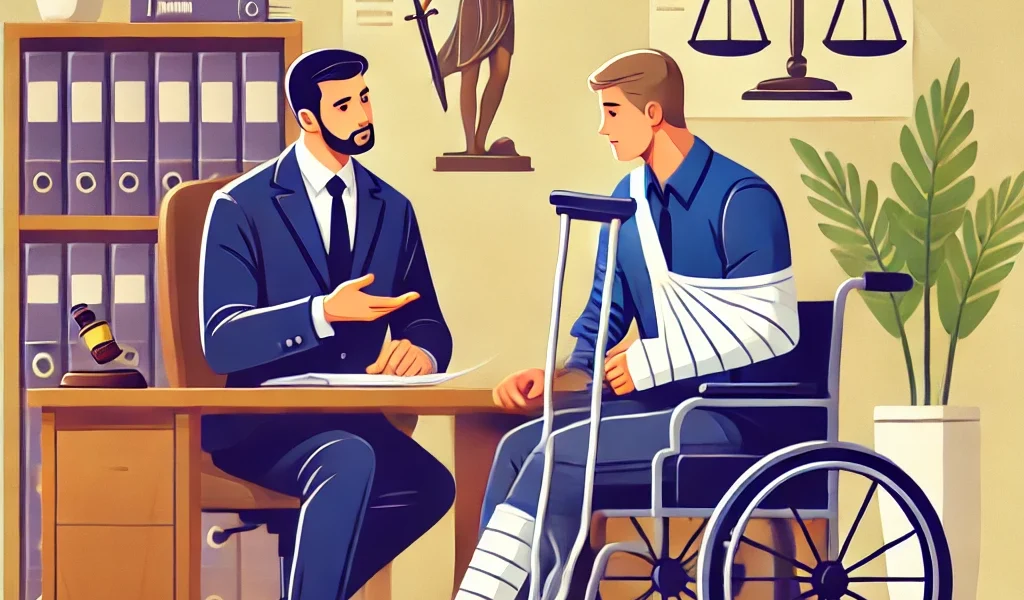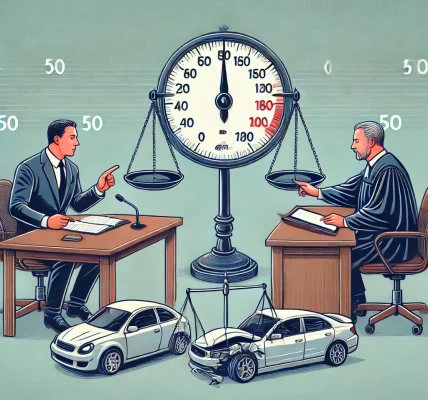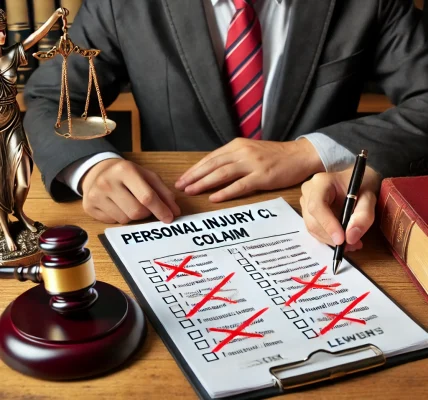Introduction
Suffering a personal injury due to someone else’s negligence can be a life-altering experience. Whether it’s a car accident, slip and fall, medical malpractice, or workplace injury, securing fair compensation is crucial for covering medical bills, lost wages, and emotional distress. Many claimants, however, settle for less than they deserve because they don’t understand how to maximize their compensation.
In this guide, we’ll walk you through actionable steps to ensure you receive the maximum compensation for your personal injury case while staying within legal boundaries.
1. Seek Immediate Medical Attention
Your health should always be your top priority. Seeking medical attention right after an injury serves two critical purposes:
- Ensures your well-being and starts the recovery process.
- Creates documented medical records that serve as crucial evidence in your case.
Delaying medical care can weaken your claim, as insurance companies may argue that your injuries were not serious or resulted from another cause.
2. Gather and Preserve Evidence
The strength of your personal injury case heavily depends on the evidence you present. Consider the following:
- Photographs & Videos: Take clear images of the accident scene, your injuries, damaged property, and any hazardous conditions.
- Witness Statements: Collect names and contact details of any witnesses who saw the accident occur.
- Official Reports: Police reports, incident reports, and medical records provide authoritative evidence.
- Medical Bills & Expenses: Keep track of all medical bills, prescriptions, therapy costs, and travel expenses for treatments.
3. Avoid Admitting Fault
It is common for victims to unknowingly say things that might be interpreted as an admission of fault. Avoid making statements like “I’m sorry” or “I should have been more careful.” Let the evidence and legal process determine liability.
4. Hire an Experienced Personal Injury Attorney
While some victims attempt to handle their cases alone, having an experienced personal injury attorney significantly increases your chances of receiving fair compensation. A lawyer can:
- Evaluate your claim’s worth.
- Negotiate with insurance companies on your behalf.
- File necessary legal documents correctly and on time.
- Represent you in court if required.
5. Calculate the Full Value of Your Claim
Many victims only consider their immediate expenses, but a personal injury claim can include:
- Medical expenses (current and future costs)
- Lost wages and loss of earning capacity
- Pain and suffering
- Emotional distress
- Property damage (if applicable)
- Punitive damages (in extreme negligence cases)
Your lawyer will help assess the full scope of damages you are entitled to claim.
6. Be Cautious with Insurance Companies
Insurance companies are businesses that aim to minimize payouts. Keep these tips in mind:
- Do not accept the first settlement offer; it is often lower than what you deserve.
- Do not provide recorded statements without legal guidance.
- Avoid signing any documents without consulting your attorney.
- Be aware of bad faith tactics, such as unnecessary delays or denying valid claims.
7. Follow Your Doctor’s Treatment Plan
Skipping medical appointments or not following your doctor’s advice can harm your case. The insurance company might argue that you aren’t as injured as you claim, reducing your compensation.
8. Keep a Personal Injury Journal
Maintaining a daily record of your pain levels, emotional state, and physical limitations can strengthen your claim for non-economic damages like pain and suffering.
9. Consider Future Impacts of Your Injuries
Some injuries have long-term consequences, including chronic pain, mobility issues, or mental health challenges. Ensure your claim reflects the future medical treatments and lifestyle adjustments you may need.
10. Be Prepared for Negotiations or Trial
Many personal injury cases settle out of court, but if the insurance company refuses to offer a fair settlement, be ready to take your case to trial. A strong legal strategy will ensure you receive the maximum compensation possible.
Conclusion
Maximizing compensation in a personal injury case requires a strategic approach, strong evidence, and professional legal guidance. By following these steps, you can ensure you receive the compensation you rightfully deserve without falling into legal pitfalls. Always consult a qualified personal injury attorney to navigate the complexities of your case efficiently.
If you have suffered a personal injury, don’t settle for less—know your rights and fight for the compensation you deserve!




